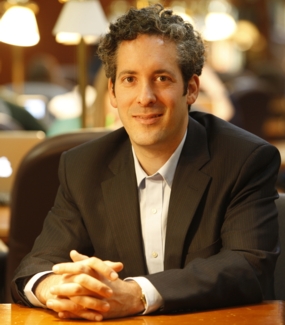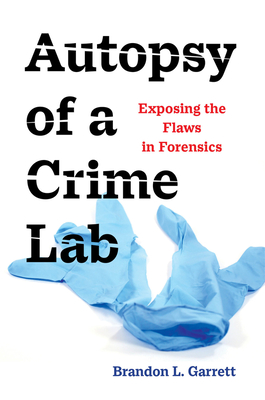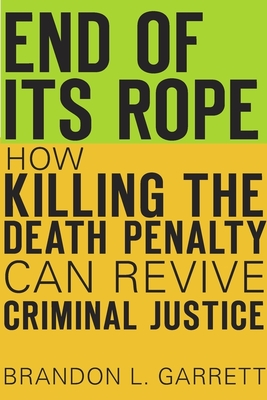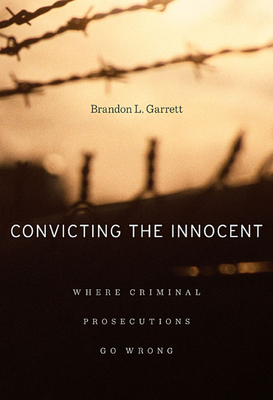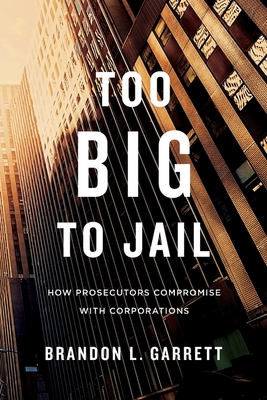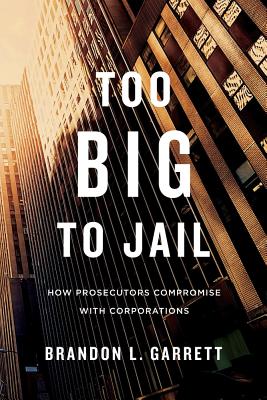
Too Big to Jail:How Prosecutors Compromise with Corporations
Interview with Brandon L Garrett
June 17, 2016Sign Up to listen to full interview.
About Brandon L Garrett
Brandon L. Garrett teaches law at the University of Virginia School of Law, where he has been a professor since 2005. His research on our criminal justice system has ranged from the lessons to be learned from cases where innocent people were exonerated by DNA tests, to research on false confessions, forensics, and eyewitness memory, to the difficult compromises that prosecutors reach when targeting the largest corporations in the world.
In 2011, Harvard University Press published Garrett's book, "Convicting the Innocent: Where Criminal Prosecutions Go Wrong," examining the cases of the first 250 people to be exonerated by DNA testing. That book was the subject of a symposium issue in New England Law Review, and received an A.B.A. Silver Gavel Award, Honorable Mention, and a Constitutional Commentary Award. It is has been translated in Japanand Taiwan, and is China. In 2013, Foundation Press published a casebook, “Federal Habeas Corpus: Executive Detention and Post-Conviction Litigation,” that co-authored with Lee Kovarsky. Garrett's new book examining corporate prosecutions, titled “Too Big to Jail: How Prosecutors Compromise with Corporations,” was published by Harvard University Press in Fall 2014. It is currently being translated in Taiwan and Spain. Garrett's law review articles can be downloaded on SSRN.
Garrett's work has been cited by courts, including the U.S. Supreme Court, lower federal courts, state supreme courts, and courts in other countries, such as the Supreme Courts of Canada and Israel. Garrett also frequently speak about criminal justice matters before legislative and policymaking bodies, groups of practicing lawyers, law enforcement, and to local and national media. He attended Columbia Law School, where he was an articles editor of the Columbia Law Review and a Kent Scholar. After graduating, he clerked for the Hon. Pierre N. Leval of the U.S. Court of Appeals for the Second Circuit. He then worked as an associate at Neufeld, Scheck & Brustin LLP in New York City.
Garrett lives in Charlottesville, Virginia with his wonderful family. In all of his spare time, he tries to paint.
Interview Summary
Even though corporations are paying record fines for breaking the ever-growing maze of complex laws, prosecutors rarely punish individuals for their misdeeds. Under the pre-arranged deferred prosecution, tough talking federal prosecutors and state attorneys general hardly ever push corporations to modify their behavior if they do not send executives to jail or ban companies from bidding for government contracts.
Key Topics
- How does the U.S. legal system view and prosecute corporate offenses?
- How do corporate wrongdoers negotiate with federal prosecutors?
- Why will most prosecutions rarely go to court trials?
- Why did Arthur Andersen choose to go out of business rather than accept a plea bargain?
- Case studies covering deferred and non-prosecution agreements over the last decade include AIG, Barclays, HSBC, JP Morgan, Siemens, UBS, Wachovia
